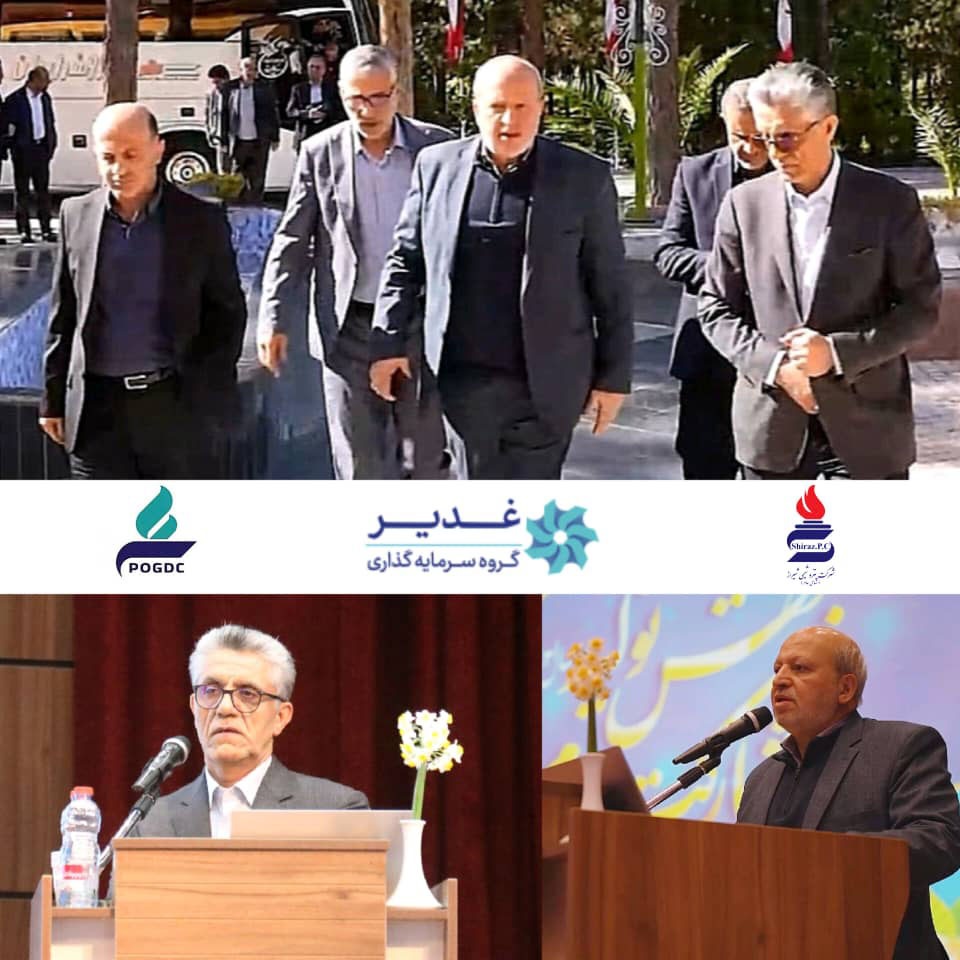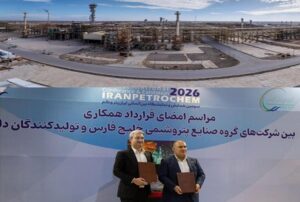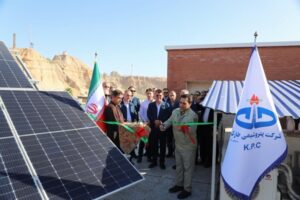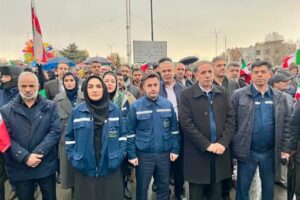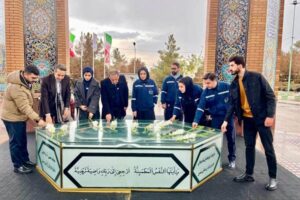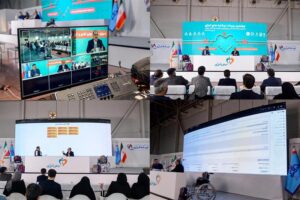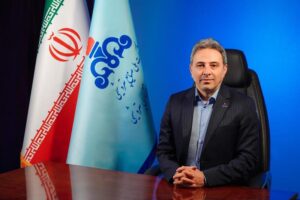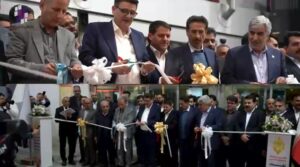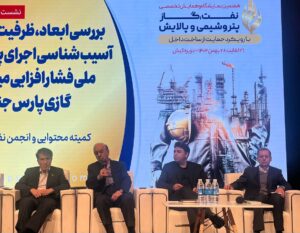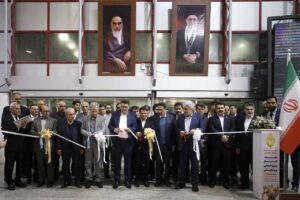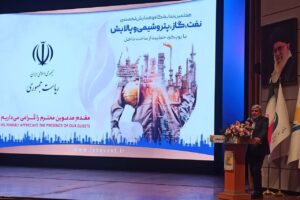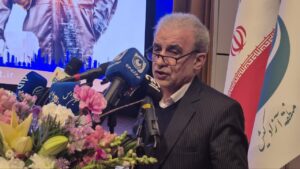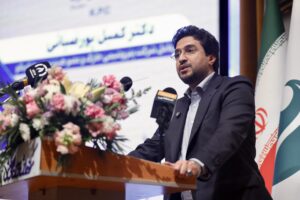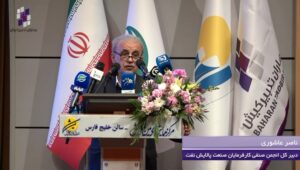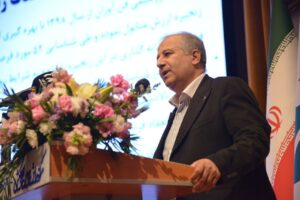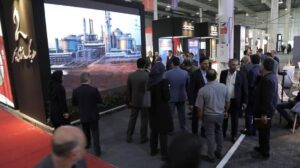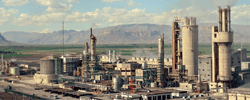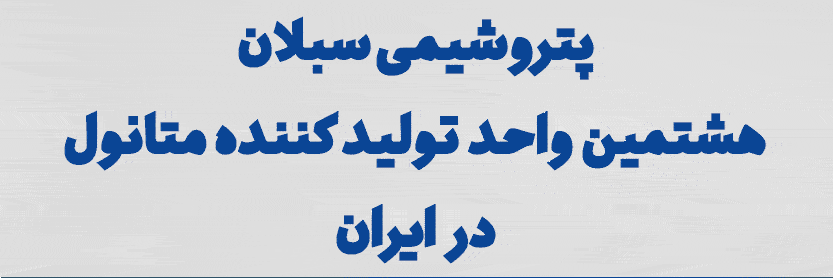Rahbord Energy: During a visit to Shiraz Petrochemical Complex, Seyyed Majid Hedayat, the CEO of Ghadir Investment Holding, Seyyed Jafar Hashemi, the CEO of Parsian Oil & Gas Development Group, held a meeting with Babak Pourkia, the head of Shiraz Petrochemical Company. In this meeting, the senior managers of the two large holdings emphasized the importance of developing and upgrading the production of Shiraz Petrochemical Complex.
In the meeting, which was held with the aim of reviewing the latest production and development status of this petrochemical complex, the parties emphasized the importance of close cooperation and continuous interaction to achieve common goals. Important decisions were made regarding resolving existing challenges and increasing production capacity.
Ghadir Investment Holding precedes SSIC
Mr. Hedayat, CEO of Ghadir Investment Holding, also stated that the holding is considered one of the country’s premium stocks and reputable listed companies. Stating that this holding was ranked second after Social Security Investment Company (SSIC) in terms of multidisciplinary enterprises, he noted that in the second half of this year, the holding surpassed SSIC and achieved first place in terms of revenue generation among the top 100 Iranian companies. Referring to the activities of the Ghadir Investment Holding in Fars Province, including petrochemicals, refinery, Salco complex, Neyriz Steel, and more, he noted that Shiraz Petrochemical is the oldest petrochemical in the country that has not had a development plan since 2016. He noted that with the support of the authorities, it will continue the second phase of ammonium nitrate in this complex. Hedayat also called the pricing of oil products that reach refineries a serious challenge and said all refineries are at risk since pricing has made development plans impossible.
10% increase in SPC’s production of products above nominal capacity
The head of Shiraz Petrochemical Company (SPC) also explained the status of this company in a detailed report and said Shiraz Petrochemical Company was the first complex in the country and the first complex in the Middle East to be put into operation as a chemical fertilizer factory in 1963. Stating that this complex initially produced more than 550 tons of chemical fertilizer daily, Pourkia, added that the next expansion plan of this company was implemented in 1985 with 10 times the capacity of the initial plan, which is still in operation. He added that the last expansion plan of this company was in 2016. The head of Shiraz Petrochemical Company further said the feedstock of this complex is natural gas and water, which has an annual consumption of 1 billion and 840 standard cubic meters of gas. This is supplied from the national gas network line. Also, Shiraz Petrochemical consumes 12 million cubic meters of water annually, which is supplied from the Dorudzan Dam.
Pourkia stated that the holding produced over 3 million and 480 thousand tons of urea last year, which was about 10 percent higher than the nominal capacity. He noted that “UAN” products, which are a liquid compound fertilizer, argon gas, methanol, ammonium nitrate, nitric acid, ammonia and urea (granules and perils) are among the products produced by this complex. He added that Shiraz Petrochemical Company’s share of the total petrochemical complex production in Iran is 4.5 percent and said that by the end of 2023, the company produced over 75 million tons. The head of Shiraz Petrochemical Company also said the company supplies 26% of the country’s urea production, both domestically and for export. Pourkia also mentioned the company’s annual sales and said that in the last 9 months (April-December 2024), the company was able to achieve more than the forecast budget. He said one of the major problems and dilemmas to have hit the country in recent years is the issue of gas imbalance in the cold seasons and added since early November, the company has faced approximately 200 million standard cubic meters of gas imbalance. The head of Shiraz Petrochemical Company also noted that a great deal of work has been done in localization of equipment and catalysts in the country, one of which was the manufacture of a platinum mesh catalyst, which cost about 4.3 million euros.
Pourkia also described environmental protection as a major undertaking of the company, which is unprecedented in the Middle East. He also referred to the issue of providing sustainable water resources, water supply from the Persian Gulf, communication roads, etc.

